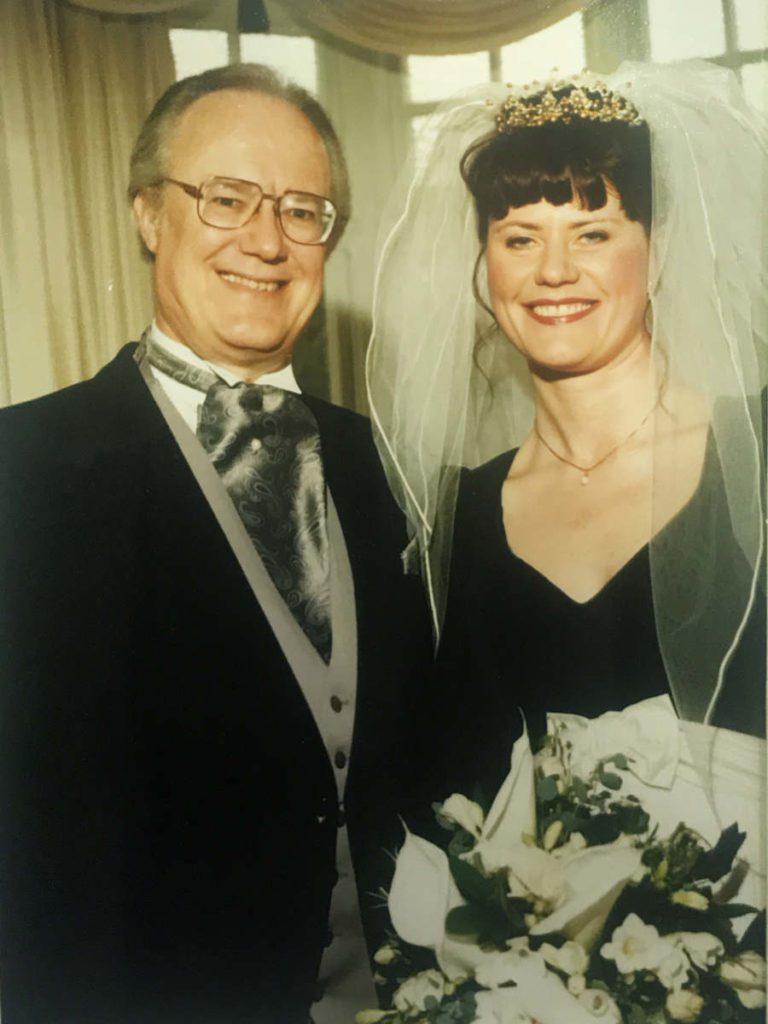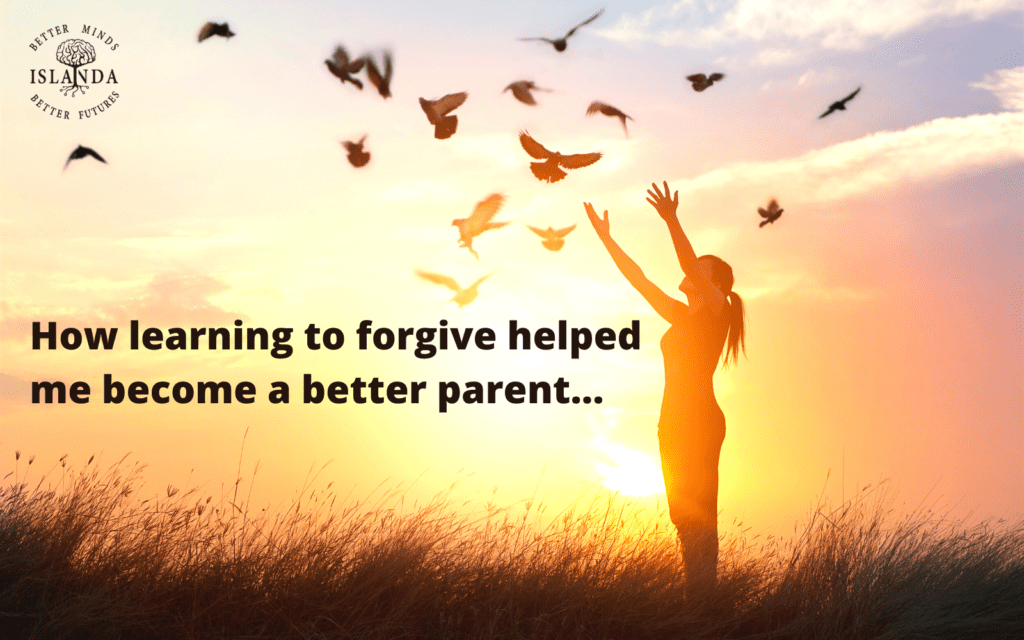This post is in memory of my Dad who passed away in 2016 aged 81 and who I would like to thank for all that he gave me in life, being something I was never able to fully acknowledge until now.
In the last week of his life, diminished by years of dementia and in the throes of an infection my Dad fell into unconsciousness. And whilst his frame was weak I remained frightened in his presence until the day he died. Logically I knew this didn’t make sense but emotionally this was real.
My Dad wasn’t a bad man – far from it. He worked hard all of his life, he provided for our family, paid for our education and was incredibly conscientious and intelligent.
However, he carried the burden of his own unresolved childhood traumas, driving a tendency towards criticism and anger, an incapability to listen and be open to other perspectives together with a range of manipulative behaviour patterns.
Sadly, rather than having a relationship built on ‘psychological safety’ and love I was filled with fear and anxiety – emotions I unconsciously suppressed for many many years.
I also developed survival behaviour patterns in response to the ‘threats’ my ‘immature’ brain had perceived, namely:
- to be fiercely independent so I never had to rely on, or connect fully, with anyone else (Be Strong); and
- to be an expert in creating harmony in order to avoid conflict and minimise any opportunity for volatile outbursts (Please People)
Suppressing emotions and using these patterns served me well – I became a high-achiever and enjoyed many of the classic life successes.
Then last summer I became aware that my ‘Be Strong’ and ‘Please People’ patterns were causing a problem, for my daughter specifically, but also for myself and others who had come to rely on my support. (Here’s a link to that article)
Intent on transforming these unhelpful patterns, we made some changes and things started to improve.
However, letting go of these ingrained habits of behaviour was harder than I thought.
I knew how to change them – be aware, notice when I was using the pattern, practise letting go and do something different.
But whenever I was stressed, or something really challenging came up, bang! those old patterns resurfaced and took control.
I felt trapped.
So I looked for what could be causing these patterns to have such a hold on me.
I realised that at their root was a childhood belief that was holding me in the past, locked into patterns that had been proven (through years of use) tonsure my survival.
In short, I believed:
‘My Dad was a threat’, rather than a force for good, and if my own Dad was a threat then surely no-one could be trusted?’
To move forward, be the parent I wanted to be, and change those unhelpful patterns, I needed to dig up the roots of this belief and forgive my Dad.
And here are the key steps I followed:
Step 1: Have a willingness to forgive
I was motivated to do this as this was now having an impact on my daughter
Step 2: See things from the other person’s perspective
- What could have driven the words, actions or behaviours of the other person?
- What were they trying to achieve?
- Were they capable of acting or behaving differently?
My Dad wanted me to have a better life than him – he wanted things to be perfect, he wanted to love and be loved but he didn’t know how to do that. He had a great sense of humour, curiosity and thirst for knowledge and yet for me his anger overshadowed these qualities. He was unable to manage his anger or even understand why he felt so much anger. He wasn’t aware that he had core needs that were not being met that were driving this anger. He was doing his best.
Step 3: Reflect on all that you appreciate about them – their personal gifts and qualities, how they have enriched your life etc
My Dad was a great man – he was committed, hard-working, intelligent and wanted the best for his family.
Step 4: Practise forgiving them for their words, actions or inactions Create a daily practise of forgiveness, for example, journal or meditate with forgiveness as the focus
I created my own forgiveness statement that I played as a conversation in my head
Step 5: Make peace – let go of hard feelings and send good wishes
The result
Not only have I been able to let go of those unhelpful patterns, I feel much calmer, more grateful and far more open to being close to others – this was a life changer for me.
And whilst my story is not necessarily typical, holding onto ‘hurt’ in some way is incredibly common.
For example, how often do you hear people complain about what someone said or did – the person that cut them up in their car, the person that ignored them or was rude, the boss that treated them unfairly, the teacher who criticised them in front of everyone and so on.
To live, and lead, optimally, and without bias, we need to learn to process these wounds and forgive the person associated with them in order to be able to respond intentionally and appropriately in each given situation.
As a point of note, this article is not intended to diminish the impact of someone’s actions or behaviours nor ignore any injustice or invalidate any pain that has been caused.
Indeed, forgiveness is not condoning poor behaviours or choices. It doesn’t require you to agree with what someone said, did or didn’t do.
It’s more about moving on from the past, putting an end to further suffering and setting you free from unhelpful behaviour patterns linked to this situation.
In addition, forgiveness allows you to let go of the emotions of being hurt – such as anger, guilt, shame and blame – and to release the toxic chemicals associated with such emotions that can damage our emotional and physical health and wellbeing.
So here’s your challenge:
Without overthinking:
- Draw up a list of incidents or people that cause you some sort of painful emotion when you think about them. What do you ruminate about? What story do you tell when explaining your own behaviours?
- Reorder them in order of impact and starting with the top one
- Follow the 5 step process above
Continue the process until you no longer feel any pain associated with the situation and you can talk about the person or incident with a sense of peace.

I knew I had forgiven my Dad when I was sorting through some photos. I found this one of Dad & I on my wedding day. It filled me with sadness and joy – sadness that I never got to have a loving relationship with him and joy that he was a part of my life.
This photo now has pride of place in my hallway so I can smile at it every day.
And my message:
“Dad I wouldn’t be who I am today without you – I love you, thank you and please forgive me too. x”
I hope this inspired you to reflect on how forgiveness could set you free from those unhelpful habits of behaviour that could be getting in the way of success.
Please share this idea with others who you feel might benefit from it.
Also, if this resonated with you and you feel that you would like some support in processing, or working through, anything that’s come up please get in touch with me at [email protected].
Here’s to your success. Until next time!
